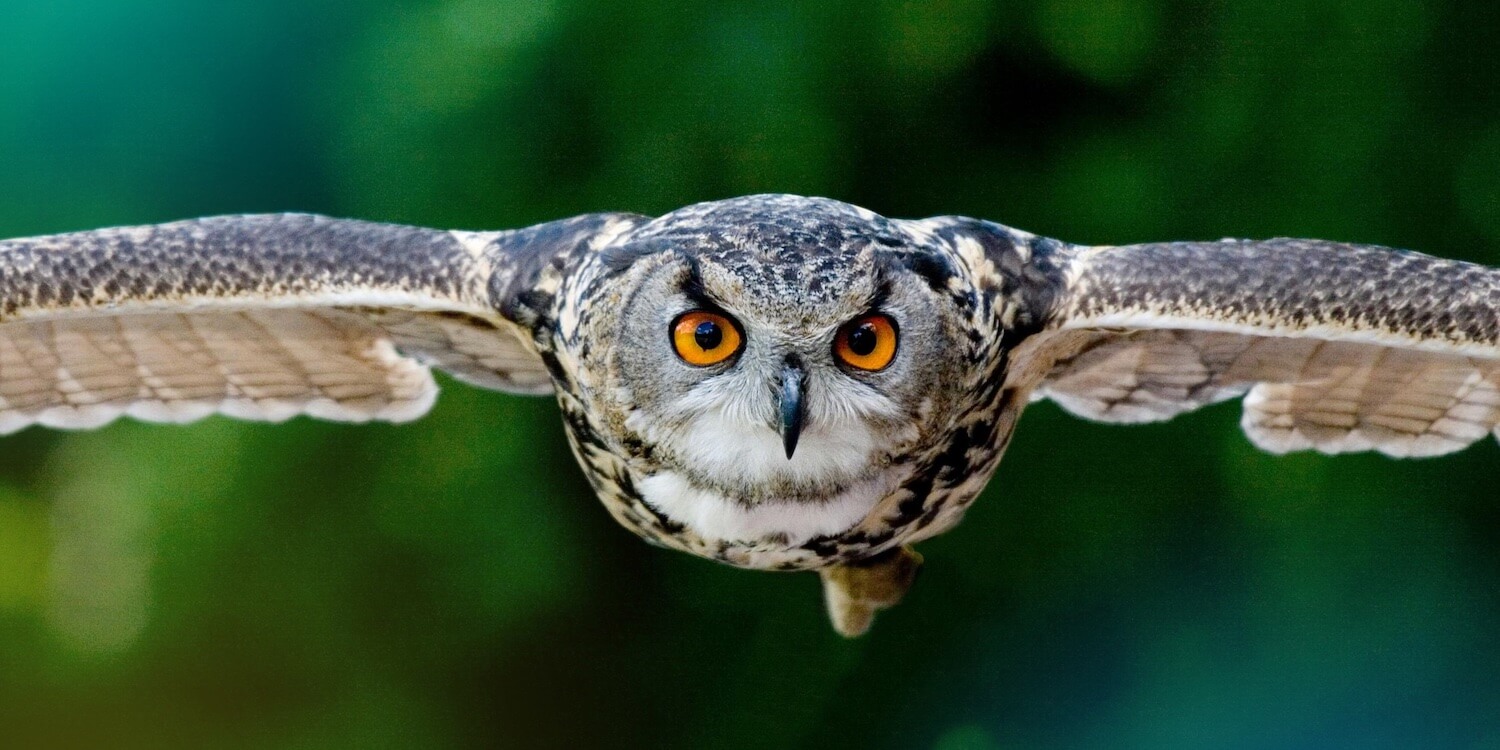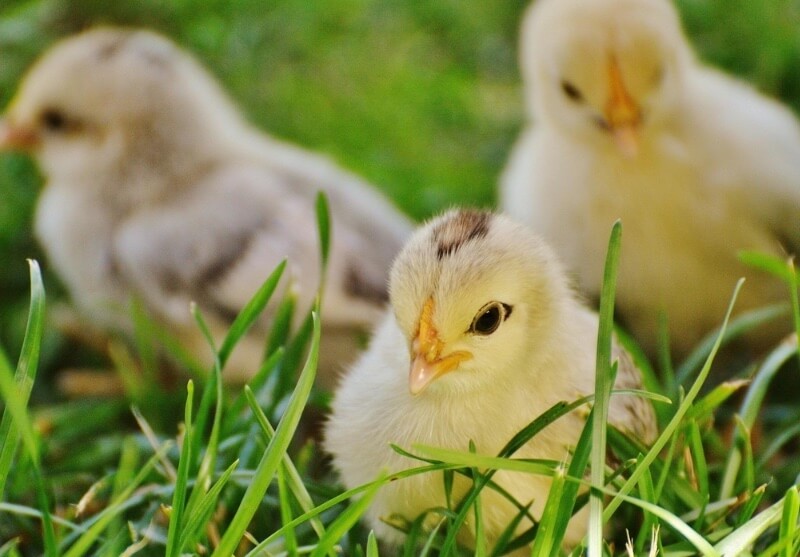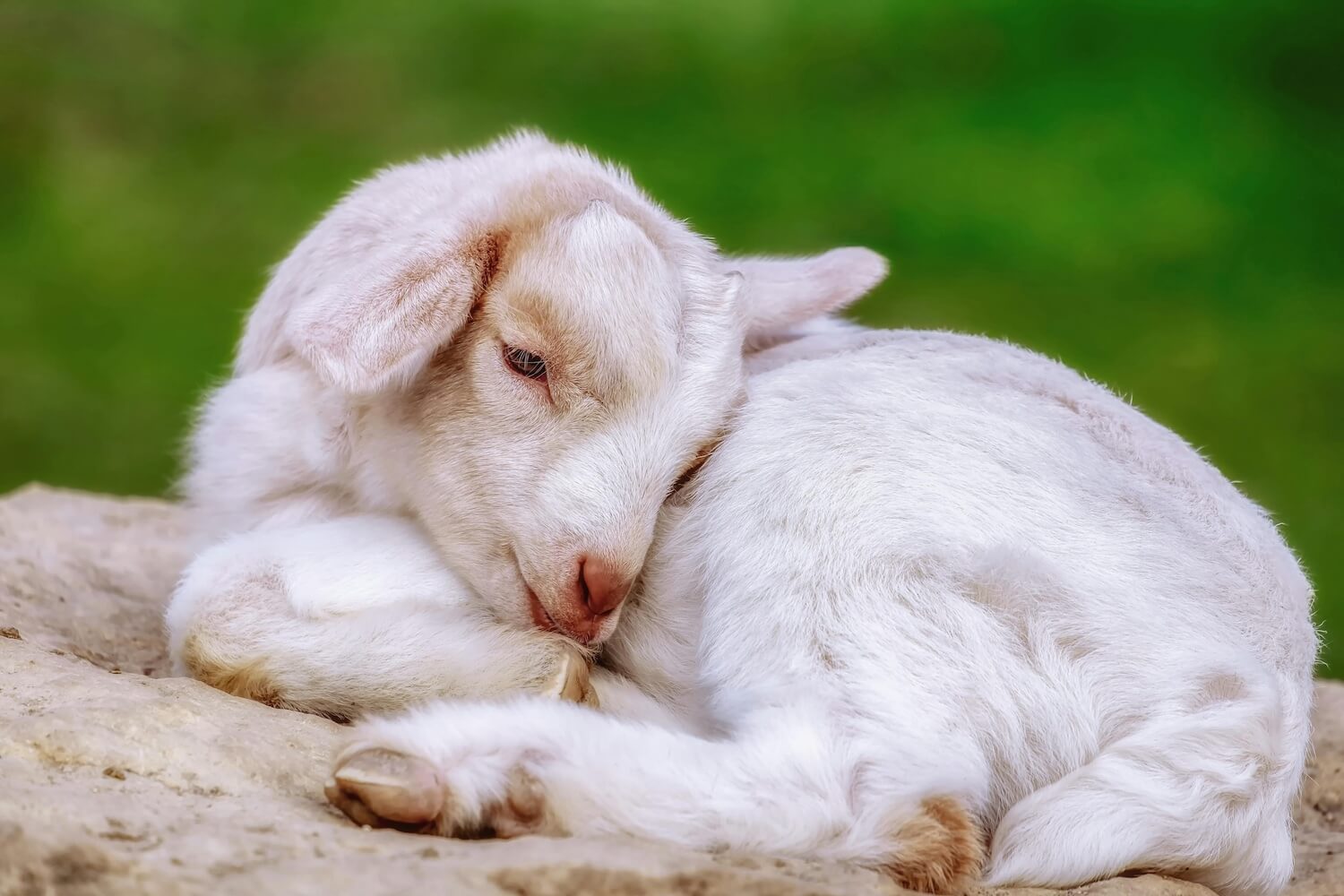Supporting Animal Organizations: Make a Difference with Your Donation Today

In today’s world, amid various challenges facing animal welfare, animal organizations stand out as essential players dedicated to protecting and advocating for animals. Their efforts are vital in ensuring that animals receive the protection they deserve and promoting a more compassionate and sustainable future. Let’s delve into their work and understand why animal organizations are crucial and how you can support them.
Why Are Animal Organizations Important?
Animal organizations play an important role in protecting the welfare of animals, as well as raising awareness of their needs and rights. They also highlight the negative effects of animal consumption on the environment, health, and ethics. By advocating for change and promoting more compassionate ways of treating animals and the environment, animal organizations benefit everyone in the long term.
How Do Animal Organizations Make an Impact?
Animal charities make an impact through various interventions aimed at achieving positive outcomes for animals. Through careful research and evaluation, it’s possible to assess which of these interventions and outcomes have the greatest potential to make a significant impact for animals. By identifying and adopting these effective approaches, animal organizations can empower donors and advocates to direct resources toward initiatives with the greatest potential to alleviate animal suffering, thus increasing the impact of the entire movement.
What Are the Different Types of Animal Organizations?
There are several types of animal organizations, each with their own specific focus and approach to addressing animals’ needs. Some organizations, like shelters, sanctuaries, and rehabilitation centers, provide direct care to animals in need, helping them recover from trauma and placing them in new homes or habitats. Other animal organizations work toward broader, often long-term goals. These types of organizations may advocate to enact legal protections for animals, conduct research on the best ways to help animals, or promote societal changes, such as raising awareness of animal suffering or encouraging people to go vegan.

How Does Activism and Advocacy Help Animals?
Activism and advocacy by animal organizations help raise awareness, mobilize support, and drive systemic change for animal welfare. Activists engage in protests, petitions, and grassroots campaigns, while advocates focus more on legislative and policy changes to improve animal protection laws, ban harmful practices, and promote ethical treatment in farming, entertainment, and research. Through collective action, these efforts encourage empathy, compassion, and ethical choices in daily life, ultimately creating a supportive environment for animal-friendly policies and systemic change.
What Role Does Raising Awareness Play in Animal Protection?
Raising awareness is essential in protecting animals by educating people about animal welfare issues and encouraging them to advocate for animal protection. Increased awareness can also foster empathy and inspire action to alleviate animal suffering. An aware public helps hold industries and policymakers accountable and empowers individuals to make informed choices that align with their values. Overall, raising awareness drives collective action toward animal welfare.
What’s the Importance of Financial Donations?
Animal organizations rely heavily on donations to sustain their operations and achieve their goals. This issue is particularly challenging for charities that focus on farmed and wild animals, as they receive significantly less funding compared to organizations that focus on companion animals. Donations also help ensure the stability of animal organizations, enabling them to withstand changes in the business cycle or external shocks that may affect the amount of funding they receive.

How Can I Support Animal Organizations?
You have the power to support multiple animal charities using evidence-based approaches to make a difference in animals’ lives. By contributing to ACE’s Recommended Charity Fund, your single donation will help fund all of ACE’s Recommended Charities—a group of impactful organizations that use complementary and effective strategies to help animals. Your donation can help the maximum number of animals possible.
Donate to the Recommended Charity Fund today
Good Animal Charities to Donate to
In addition to our Recommended Charity Fund, you can also donate directly to any of our Recommended Charities. Click the name of the charity you’d like to give to, and you’ll be directed to their donation page.
Çiftlik Hayvanlarını Koruma Derneği
Çiftlik Hayvanlarını Koruma Derneği (CHKD), also known as Kafessiz Türkiye, is a Turkish organization that is primarily dedicated to improving farmed animal welfare standards—in particular, farmed chickens and fishes. They achieve this through corporate, individual, and media outreach, as well as research, education, and capacity-building initiatives to strengthen the animal advocacy movement. By donating to Kafessiz Türkiye, you can make a difference in the lives of farmed animals.
Dansk Vegetarisk Forening
Dansk Vegetarisk Forening (DVF) is a Danish organization dedicated to promoting plant-based nutrition and reforming the food system. Their research, education programs, and public outreach inspire individuals and companies alike to make kinder, more sustainable food choices. Your donations help support DVF’s efforts to create a healthier and more sustainable future in Denmark and beyond.
Faunalytics
Faunalytics is a nonprofit organization based in the United States that provides animal advocates with relevant information for advocacy. Their efforts include conducting and publishing independent research, collaborating with partner organizations on various research projects, and promoting existing research and data for animal advocates through their website’s content library. By donating to Faunalytics, you can help provide animal advocates with the information they need to make a difference.
Fish Welfare Initiative
Fish Welfare Initiative (FWI) works to improve the welfare of farmed fishes. Their main program in India, the Alliance For Responsible Aquaculture, involves working directly with fish farmers to implement water quality improvements. FWI also heavily invests in research and development to identify more cost-effective welfare improvements. Your donation to FWI will help fuel their efforts to improve the lives of farmed fishes in India and elsewhere.
Legal Impact for Chickens
Legal Impact for Chickens (LIC) files strategic lawsuits for chickens and other farmed animals, develops and refines creative methods to enforce existing cruelty laws in U.S. factory farms, and sues companies that break animal welfare commitments. LIC’s first lawsuit, a shareholder derivative case against Costco’s executives for chicken neglect, achieved significant media exposure. By donating to LIC, you can help make factory-farm cruelty a liability in the United States.
New Roots Institute
New Roots Institute educates U.S. students about the connections between industrial animal agriculture and important issues like animal welfare, climate change, human rights, and public health. Their Leadership Program offers a year-long fellowship for students interested in exploring factory farming’s impacts and solutions. Your donations to New Roots Institute will support their programs to empower the next generation to end factory farming.
Shrimp Welfare Project
Shrimp Welfare Project (SWP) is the first organization to focus exclusively on improving farmed shrimp welfare. Their efforts include raising awareness about the welfare of farmed shrimps and outreach and collaboration with stakeholders across the supply chain to improve welfare standards. By donating to SWP, you can help increase the visibility of shrimp welfare as a neglected and tractable issue.
Sinergia Animal
Sinergia Animal works to improve the welfare of farmed animals, promote plant-based products, and strengthen the animal advocacy movement in several countries in Asia and South America. They collaborate with major retailers to ensure that animal welfare commitments are made and met. They also engage in research, investigations, policy work, and outreach to media, institutions, and producers. Your donations help support Sinergia Animal’s efforts to create a better world for farmed animals.
The Good Food Institute
The Good Food Institute (GFI) supports research and start-ups focused on alternative proteins in regions around the globe. They also engage with corporations, institutions, and policy work to strengthen the capacity of the animal advocacy movement. Your donations to GFI support their efforts to develop and promote plant-based and cell-cultured alternatives to animal products in several countries.
The Humane League
The Humane League (THL) operates in the U.S., the U.K., and Japan, where they work to help farmed animals through vegan advocacy and corporate outreach to improve farmed animal welfare standards. THL supports the growth of the global animal advocacy movement via the Open Wing Alliance, a coalition whose mission is to end the use of battery cages worldwide. Your donation to THL helps advance their work to create a kinder world for all farmed animals.
Wild Animal Initiative
Wild Animal Initiative is a U.S.-based organization working to advance the wild animal welfare science field. By conducting their own research and supporting other wild animal researchers, Wild Animal Initiative aims to increase academic interest in wild animal welfare and identify evidence-based solutions to improving wild animals’ wellbeing. Donating to Wild Animal Initiative supports their crucial work to improve our understanding of wild animals’ lives and promote their wellbeing.
About Selena Darlim
Selena joined ACE in September 2021. She is a longtime animal advocate with several years’ experience writing for nonprofits and media organizations. She holds a self-designed bachelor’s degree in Wildlife Conservation and Animal Advocacy, and she strives to continually expand her knowledge of human and nonhuman advocacy movements.
ACE is dedicated to creating a world where all animals can thrive, regardless of their species. We take the guesswork out of supporting animal advocacy by directing funds toward the most impactful charities and programs, based on evidence and research.
Join our newsletter
Table of Contents
- Why Are Animal Organizations Important?
- How Do Animal Organizations Make an Impact?
- What Are the Different Types of Animal Organizations?
- How Does Activism and Advocacy Help Animals?
- What Role Does Raising Awareness Play in Animal Protection?
- What’s the Importance of Financial Donations?
- How Can I Support Animal Organizations?
- Good Animal Charities to Donate to




